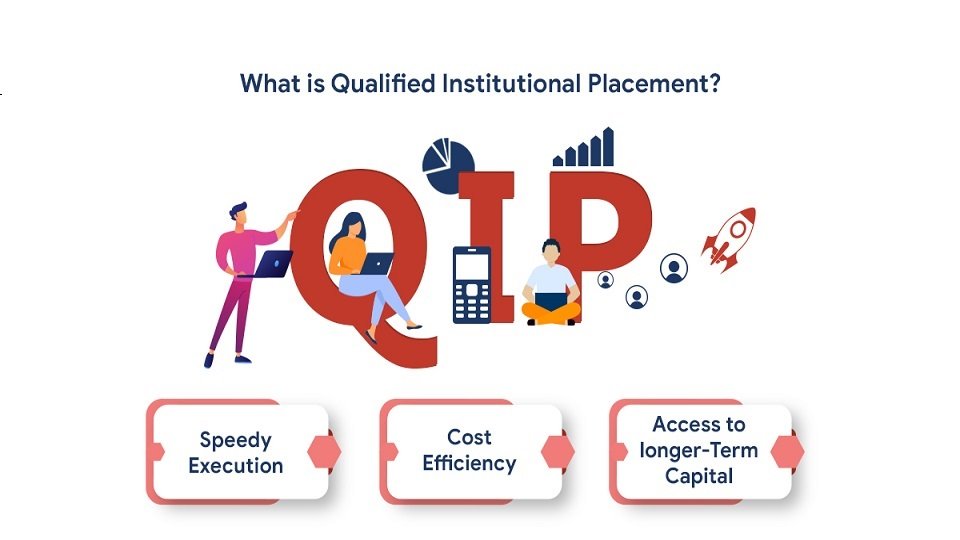On October 17, 2024, management of Zomato Limited in its intimation to SEBI declared their proposal of raising of funds by issuance of equity shares by way of qualified institutions placements (‘QIP’), subject to approval of board of directors and shareholders of the company.
From the review of financials of Zomato as on March 2024, the cash balance in the company stood at INR 12,241 crs. The quarterly results for June 2024 and September 2024 also show net profits. So whether Zomato really needs funds?
In June 2022, Zomato had acquired Blink Commerce Private Limited (‘Blinkit’), engaged in quick-commerce business, through a share swap transaction mode. Since June 2022, foreign shareholding in Zomato stood at higher than 51%. Recently Zomato has reported foreign shareholding of 52.53% as on quarter ending September 2024.
Blinkit’s quick commerce space caters to B2C space for multibrand retail trading. As per the FDI policy, FDI in multibrand retail trading is allowed under the government route for upto 51%, subject to fulfilment of certain conditions.
Raising of fund via QIP route would enable Zomato for dilution of existing foreign shareholding below 51%. With an entry of Reliance in the quick commerce sector, and listing of Swiggy, additional QIP funds can be utilised for acceleration of growth in the quick commerce space, which is becoming competitive to the core.
Traditionally, QIPs is a mode of raising funds from the domestic investors i.e. qualified institutional buyers (‘QIB’) without under-going standard regulatory compliances. In order to promote raising of funds via QIP mode, on May 8, 2006, SEBI introduced guidelines in relation to same. Raising funds from QIBs also ensure lesser dependency for raising foreign funds.
As per SEBI (Issue of Capital and Disclosure Requirements) Regulations, 2018 (‘SEBI ICDR’), QIBs means
- a mutual fund, venture capital fund, alternative investment fund and foreign venture capital investor registered with the Board;
- foreign portfolio investor other than individuals, corporate bodies and family offices;
- a public financial institution;
- a scheduled commercial bank;
- a multilateral and bilateral development financial institution;
- a state industrial development corporation;
- an insurance company registered with the Insurance Regulatory and Development Authority of India;
- a provident fund with minimum corpus of twenty-five crore rupees;
- a pension fund with minimum corpus of twenty-five crore rupees;
- National Investment Fund set up by resolution no. F. No. 2/3/2005-DDII dated November 23, 2005 of the Government of India published in the Gazette of India;
- insurance funds set up and managed by army, navy or air force of the Union of India; and insurance funds set up and managed by the Department of Posts, India; and
- systemically important non-banking financial companies
Benefits of QIP fund raise:
The essential benefits of raising QIP is that it is time and cost efficient. Their use saves time as the issuance of QIPs and the access to capital are far quicker than through a follow-on public offer (FPO). The speed is because QIPs have far fewer legal rules and regulations to follow, making them much more cost-efficient. Further, there are fewer legal fees, and there is no cost of listing overseas.
Conditionalities for issuance of QIP:
- One of the essential condition for raising capital through QIP is that the company must be listed on a recognised stock exchange;
- To allocate at least 10% of issued securities to mutual funds or other qualified allottees;
- To ensure a minimum of two allottees for issues up to ₹2.5 billion and five for larger issues. For the purposes of this, QIBs under same control or belonging to same group shall be deemed to be a single allottee;
- To limit individual allotments to no more than 50% of the total issue size;
- To prohibit allotments to parties related to the company’s promoters. Further any QIBs who does not hold any shares in the issuer company, but has acquired rights(as explained hereinafter) in the capacity of a lender, shall not be deemed to be the promoter. For the purpose of this, a qualified institutional buyer who has any of the following rights shall be deemed to be a person related to the promoters of the issuer:-
- rights under a shareholders‘ agreement or voting agreement entered into with promoters or promoter group;
- veto rights; or
- right to appoint any nominee director on the board of the issuer.
So while there are multiple benefits of raising funds via QIP route, such mode of fund raising is available to companies listed on stock exchanges. Further, inspite of high issue size, cost and timeline involved in QIP issuance is considerably efficient. Recently many public limited companies have opted for raising funds through QIP mode. This not only confirms QIP as preferred mode of fund raise, but also validates efficient execution of same in cost and time effective manner
For detailed discussion on the above topic, please feel free to connect at devadhaantu@devadhaantu.in
